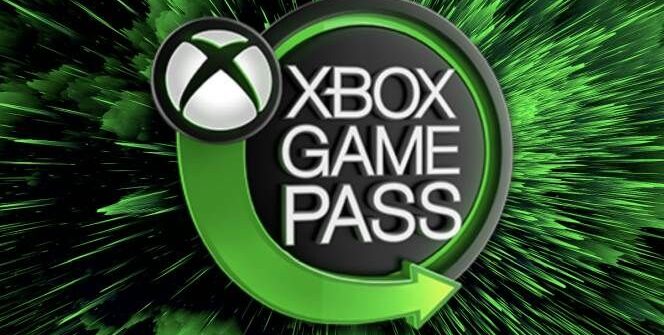Ed Fries (who, as a founder of the Xbox team, stayed there until 2004) believes Microsoft’s subscription service could significantly impact the gaming industry.
Xbox Expansion Pass interviewed Fries, who was asked what he would do if he were still part of the team. He said, “The one thing they’re doing that makes me nervous is Game Pass. It scares me because a somewhat analogous thing called Spotify was created for the music business. When Spotify took off, it destroyed the music business. It cut the annual revenue of the music business in half. It’s made it, so people just don’t buy songs anymore. People don’t buy songs on iPhone, for example, because why would you? They’re all on your subscription service app. Apple’s said they’re going to take away buying songs because no one’s buying them anymore.
So we have to be careful we don’t create the same system in the game business. These markets are more fragile than people realise. I saw the games industry destroy itself in the early 80s. I saw the educational software business destroy itself in the mid-90s… they destroyed a multi-billion dollar market in a few years. So Game Pass makes me nervous. As a customer, I love it. I love Spotify as a customer: I have all the songs I’d ever want… it’s a great deal as a customer. But it isn’t necessarily great for the industry. At some point, it tipped, and everything had to be [on Spotify]. The percentage of all games on Game Pass is still tiny, and there are a lot of games. Two hundred games a week come out on Steam, and more than that on mobile.”
Tim Ingham, a music industry journalist and editor of Music Business Worldwide debunked some of Fries’ claims to VGC: “Spotify didn’t cut the music business in half – piracy did. Spotify and the cloud-based technology on which it relies gave music fans a more convenient, legal and monetised alternative to piracy. And then, once consumers were comfortable with that, Spotify (and its rivals) performed a further miracle: upselling millions of music consumers to subscriptions via monthly billing… even though the same free alternative, music piracy, remains available in any browser!
The music industry’s most significant problem with Spotify today is whether its free tier remains fit for purpose because consumers have become accepting of the paid subscription paradigm. And make no mistake: subscription as a model is loved by the modern music business; it’s taken the whole industry back to commercial peaks many thought Napster and Limewire had snuffed out for good.”
Ingham pointed to data from IFPI showing that since 2011 (when Spotify was launched in the US), the international music industry has grown by 73% from $15 billion in annual revenues to $25.9 billion in 2021. Christopher Dring, ReedPop’s head of games B2B, believes Game Pass won’t have as vast an impact as Spotify did: “Right now, there are plenty of stories on how subscription services have been additive for game creators. Not only have they been a source of revenue in their own right, but they immediately open games up to millions of people. There are many examples of games going into a subscription service on one console, becoming hugely popular, and that has caused a spike in regular $60 sales on other platforms. There is industry concern about what might happen if subscriptions become dominant as they have in music and TV.
The subscription model doesn’t necessarily generate the revenue needed by AAA games, particularly single-player games with no microtransactions… you can see why Sony is reluctant to put its latest releases into PS Plus. However, games are very different to music and TV. Those linear forms of entertainment are much shorter and more digestible. How many songs or TV shows do most people consume vs games? If you’re someone who only plays a couple of games a year — like FIFA and Call of Duty — how likely are you to subscribe to a service with hundreds of options? It remains to be seen just how big games subscription services will become.”
Microsoft has previously highlighted that the Game Pass provides additional monetisation opportunities against other formats (e.g. VoD, video-on-demand). You can pay for in-game microtransactions, expansion content and different games. Last year, Microsoft CEO Satya Nadella said that Game Pass subscribers play 40% more games and spend 50% more than non-subscribers.
It is too early to see who will be correct.
Source: VGC








![[TGA 2025] Star Wars: Galactic Racer Focuses on High-Stakes Podrace Runs [VIDEO]](https://thegeek.games/wp-content/uploads/2025/12/theGeek-Star-Wars-Galactic-Racer-302x180.jpg)







Leave a Reply